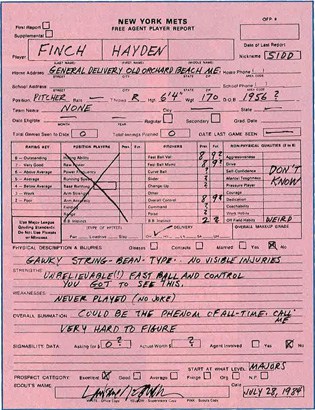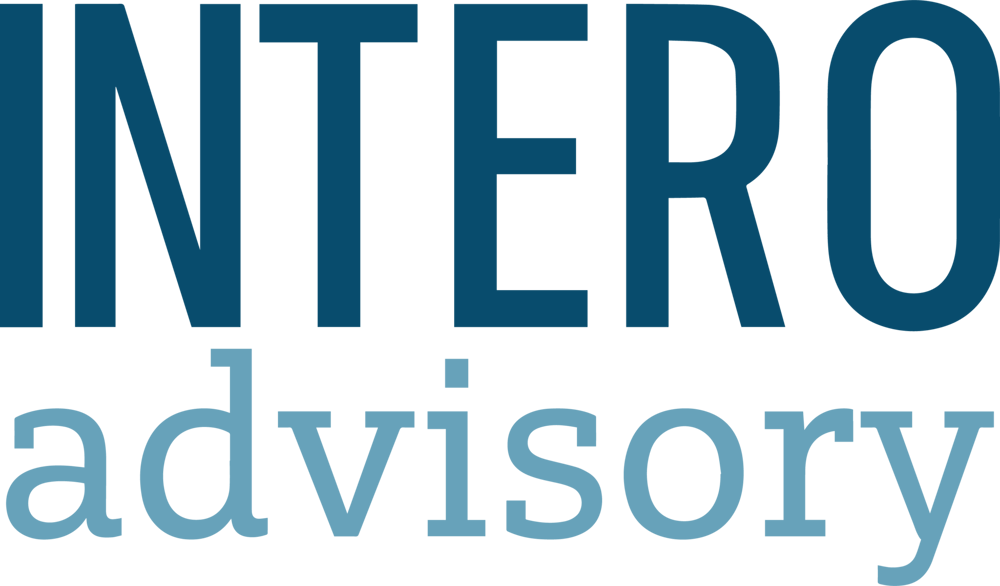Last night I watched ESPN’s 30 for 30 Shorts: Unhittable: Sidd Finch and the Tibetan Fastball. As I watched the show it occurred to me that this story absolutely relates to LinkedIn.
Seriously?
Seriously.
Many professionals take their incomplete LinkedIn profile for granted. Collectively, my team and I have trained more than 7,500+ business professionals. So, it is fair to say that we have seen a lot of exceptional people let their online identity go by the wayside. As a result, their LinkedIn profile is a living and breathing misrepresentation of who they are. They are fooling everyone, though not intentionally.
How does ESPN’s television show play into this? If you have not heard the Sidd Finch story, here is the skinny:
Sports Illustrated published an article on April 1, 1985 that took the MLB and fans by storm for a flashing 48 hours. The article featured the tale of New York Mets’ prospect, Sidd Finch, “a Harvard dropout who spoke 10 languages, played the French horn, wore one hiking boot…and threw 168 mph.” A phenomenon. There were pictures in the article of Sidd with the Mets team, a player locker with his name on it in the team’s clubhouse, and even an image of the Free Agent Player Report with Finch’s name at the top. The article concluded with decisions waiting to be made by both Finch and the commissioner: “Well, before any decisions, I’ll tell you something,” the commissioner finally said, echoing what may very well be a nationwide sentiment this coming season. “I’ll have to see it to believe it!”
Back up to the first sentence and make note of the date. April 1: the day of the year known for tricks and fools. Yes, the entire published article was a hoax. A lie.
This post is not an April Fool’s joke. Being anything less than who you are, including not telling your full story through your LinkedIn profile is misrepresenting you and your professional brand. Don’t play Sidd Finch.
Some may argue that electing not to say everything does not make it a lie, but a choice. I beg to differ. That said, I acknowledge that I have always been an over sharer. I prefer to call it an open book, but nonetheless, I have learned to reign in my sharing over the years. However, I know that sharing my personal values and passions on LinkedIn have spurred more conversations and made me more interesting to engage with than if I chose not to include them.
Here are just a few examples of professionals I know who have elected to share the intriguing pieces of their lives and beliefs with the world through their LinkedIn profile:
- Summary Section (part of it)
- Headline
- Interests Section
- Projects Section
- Volunteer Section
Do not trick your network on LinkedIn.
Why hide the work you do in your community? It shows that you are a contributor and a Good Samaritan.
Why hide the years you earned your undergraduate degree? It may be the connecting point for a prospect who attended school at the same time you attended.
Why hide that you led a capital campaign to raise funds to begin a charter school that is now one of the Top 10 charter schools in the country? That is interesting and gives us a glimpse into who you are outside of your 9-5 day job.
It may feel uncomfortable at first, but is it the truth? If so, then tell it.
Our team has written for years on this subject of the LinkedIn profile. Here are a small handful of posts:
- 10 Useful Tips: Personalize Your LinkedIn Profile
- Women – Why Your Brand Matters
- Buzzwords to Avoid in Your LinkedIn Profile
- What Your LinkedIn Profile Says About You
You can find more by going to our blog and subscribing at the bottom of the page.
The implications that Sports Illustrated suffered as a result of the Sidd Finch tall tale were real and cost the magazine in the form of paid subscribers. Here are a few quotes:
“I have concluded that April Fools’ Day will come again, but not your magazine. Cancel my subscription immediately.” — NICHOLAS V. LONGO, Yonkers, N.Y.
“Ha-ha. Cancel my subscription.” — THOMAS GALLAGHER, Charlottesville, Va.
One could argue that people should “lighten up” and “take a joke,” but that is exactly the point: we cannot assume how people are going to perceive us online. So, it is our responsibility to represent ourselves accurately.
Are you turning people off by your Profile? Are you losing opportunities because of your Profile? What have you got to hide?
Don’t leave your LinkedIn profile incomplete and, in turn, misrepresent yourself and fool others. That kind of April Fool’s joke can make an impression that lasts a lot longer than one day.








